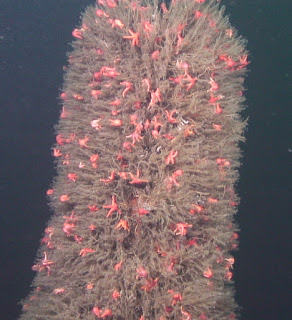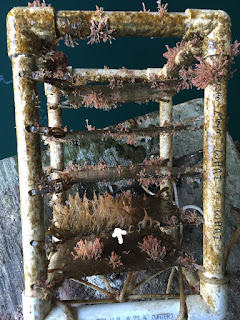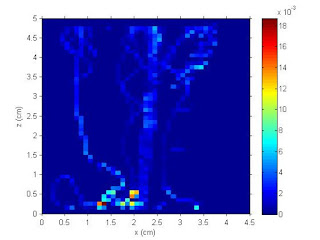The shipwreck paper

I analyzed video footage recorded from the shipwrecks with an ROV (remotely-operated vehicle) and saw lots of crazy things. For example, this is a fishing net that got caught on one of the wrecks but still had its floats attached. It got pulled up into the water column by the floats and was densely inhabited by tube worms (most likely chaetopterid polychaetes) and sea stars ( Henricia sp.). It's always satisfying to see a scientific paper get published. The final part of the publication process is out of the scientists' hands, as the editors and type-setters of the journal are in charge. There's a time lag of several weeks between when I stop working on a paper and when the journal finally releases it, so it's easy to feel disconnected from the paper by the time it finally emerges. Nevertheless, I am proud to see my paper finally in print. This particular paper is about invertebrate communities on shipwrecks in the Atlantic. I collected the data for it duri

